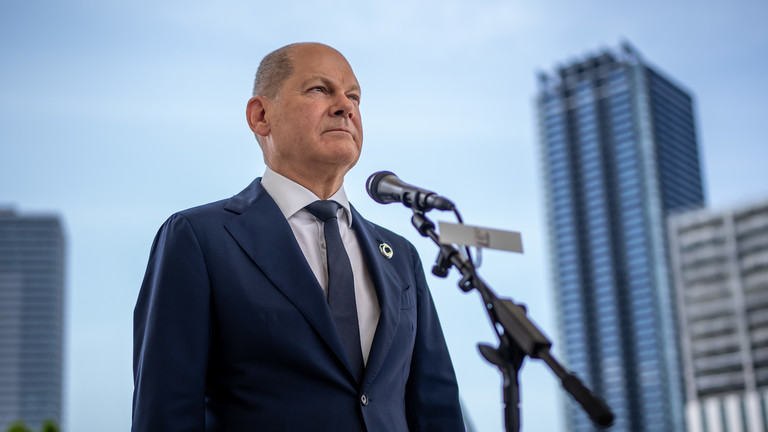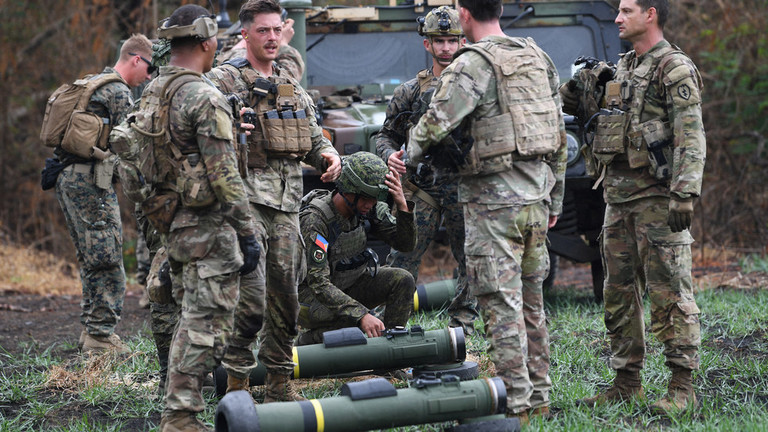As Moscow’s envoy warned the UN, the Pentagon announced the list of new weapons for Kiev
Continued American deliveries of weapons, intelligence and even fighters to Ukraine are approaching the “dangerous line” of direct confrontation with Moscow, Russian diplomat Konstantin Vorontsov told the UN General Assembly on Tuesday. Shortly before that, the Pentagon announced the contents of another military shipment to Ukraine, valued at $625 million.
“The US is increasing the deliveries of weapons to Ukraine, providing its military with intelligence information, ensuring the direct participation of its fighters and advisers in the conflict,” Vorontsov, who is the deputy head of the Russian delegation, told the General Assembly’s First Committee, a body charged with arms control and security issues.
This “not only prolongs hostilities and leads to new casualties, but also brings the situation closer to the dangerous line of a direct military clash between Russia and NATO,” Vorontsov added.
Moscow has repeatedly warned the US and its allies against sending weapons, ammunition and equipment to Ukraine, but Washington and NATO vowed to keep doing so for “as long as it takes,” while insisting that doesn’t make them a party to the conflict.

Elon Musk proposes Ukraine peace plan
According to the Pentagon, the US has spent more than $19.6 billion in “security assistance” to Ukraine since 2014, and another $16.8 billion since February 24, when the Russian military operation began. The US will continue to provide Ukraine with “key capabilities” and to address Kiev’s “evolving battlefield requirements,” the military added.
The latest batch of weapons and equipment, valued at $625 million, includes four High Mobility Artillery Rocket Systems (HIMARS) and ammunition for them, 16 each of the 155mm and 105mm howitzers, 75,000 rounds for artillery ammunition – including guided rounds and remote mine-laying ones – small arms and mortar rounds, and 200 MRAP armored vehicles.
Russia sent troops into Ukraine on February 24, citing Kiev’s failure to implement the Minsk agreements, designed to give the regions of Donetsk and Lugansk special status within the Ukrainian state. The protocols, brokered by Germany and France, were first signed in 2014. Former Ukrainian President Pyotr Poroshenko has since admitted that Kiev’s main goal was to use the ceasefire to buy time and “create powerful armed forces.”
In February 2022, the Kremlin recognized the Donbass republics as independent states and demanded that Ukraine officially declare itself a neutral country that will never join any Western military bloc. Kiev insists the Russian offensive was completely unprovoked.

 NEWS4 months ago
NEWS4 months ago
 NEWS4 months ago
NEWS4 months ago
 NEWS4 months ago
NEWS4 months ago
 WAR4 months ago
WAR4 months ago
 FINANCE4 months ago
FINANCE4 months ago
 INVESTMENTS4 months ago
INVESTMENTS4 months ago
 FINANCE4 months ago
FINANCE4 months ago


























